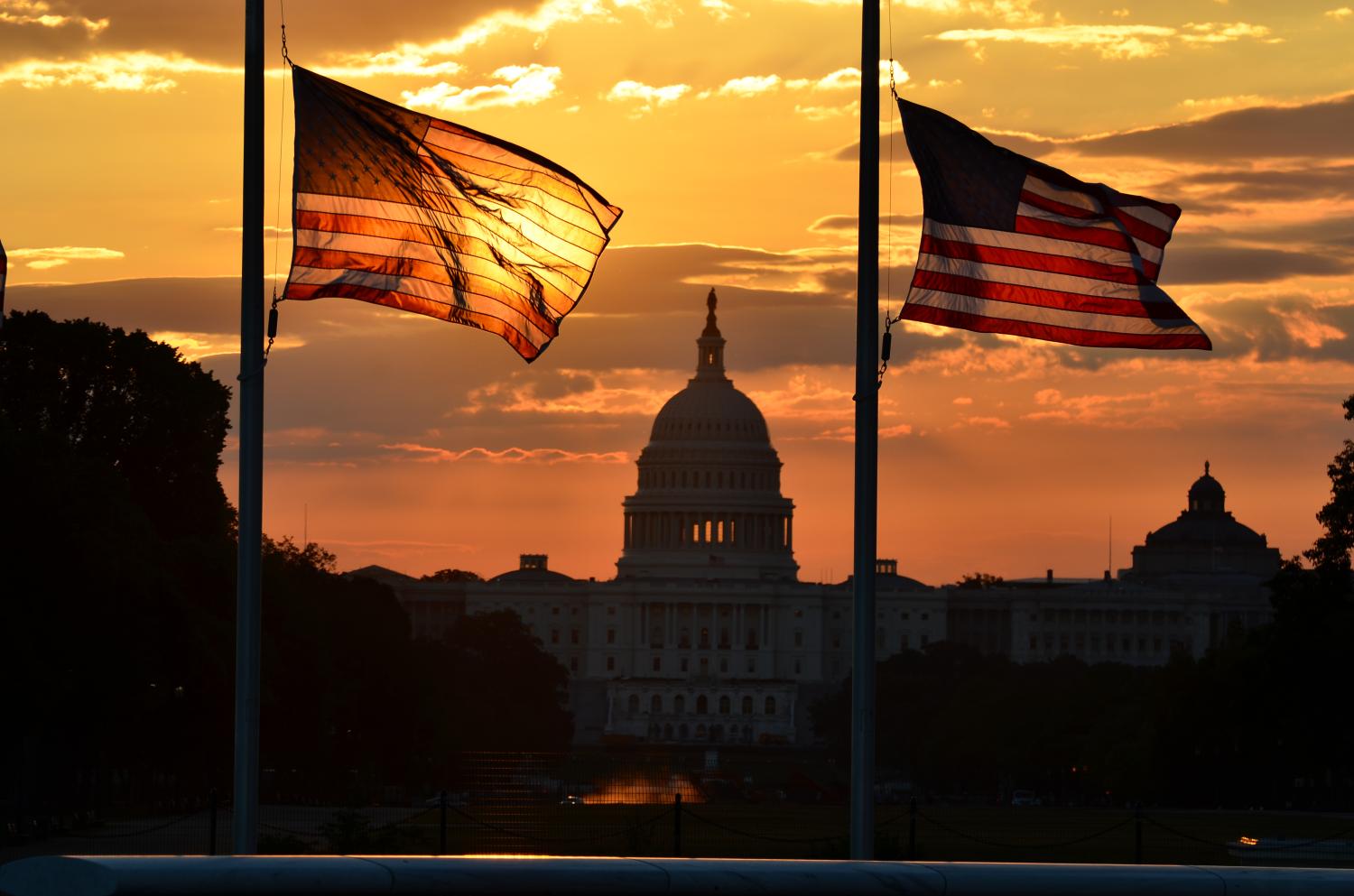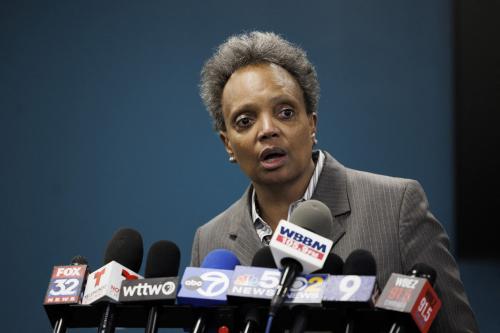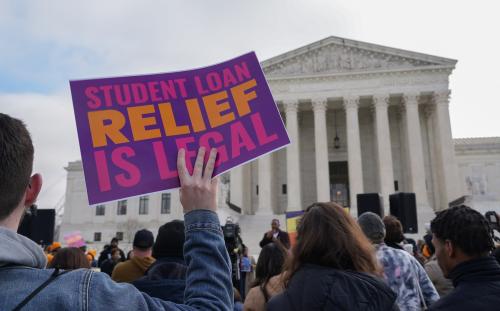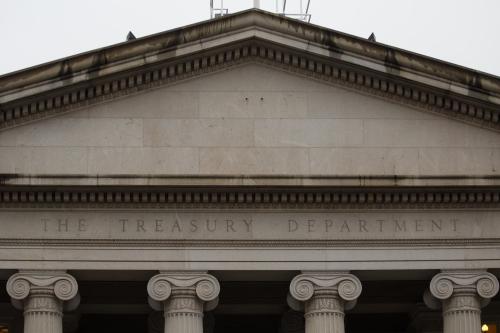This is Part 8 of a series which will take an in depth look at election deniers in the 2022 midterms in an effort to assess their likelihood of success, their plans if elected, and their impact on election administration and democracy.
In the 2022 midterms a large number of election deniers ran and most of them lost. But that doesn’t mean that the threats they pose to democracy are over. The most high-profile election denier at this point (besides, of course, former President Trump) is failed gubernatorial candidate Kari Lake of Arizona. Though it looks like her crusade is going nowhere at the state legislative level, there are still legislators ready to take up the fight. They are promoting a wide range of policies designed to correct what they saw as problems in the 2020 and 2022 elections.
To figure out how big a problem this is we need to look state by state at their political makeup. In states where the “trifecta” — Governor, House and Senate — are all led by Democrats, election deniers’ legislation stands little chance of passage. Conversely, where the “trifecta” is Republican, the election deniers’ legislation may very well pass, depending on the degree of unanimity that exists within the Republican party. And in states with divided government anything can happen. The current numerical breakdown stands at 22 Republican trifectas, 17 Democratic trifectas, and 11 divided governments.
The 2023 legislative sessions are just beginning, but so far there are many proposed changes to election laws.
No risk
Democratic trifectas — states where the governor and the majority of both houses of the legislature are Democrats — fall squarely in the “no risk” category.[1]
Even in the states where bills that would restrict voter access have been introduced — notably Oregon, with a number of bills related to mail ballots and voter registration — it seems very unlikely that this legislation will ever become law. In fact, bills that do exactly the opposite are making their way through Democratic trifecta states’ legislatures. California, Illinois, Minnesota, and New York are among the states where lawmakers have introduced numerous bills that aim to improve voter access and election administration. These include efforts to expand voter registration opportunities and improve polling place procedures.
In Democratically controlled states like Massachusetts and Maryland, the Republican party has nominated election deniers to run for Governor. Nonetheless, while they did poorly in the general election, the fact that the Republican party nominated candidates who were very likely to lose (as opposed to the moderate Republicans that usually get elected in blue states) is a testament to the power of this ideology.
Low to moderate risk
Divided governments — states where different political parties hold the governorship and the majority in the Senate or House (or both) — can be categorized as “low to moderate risk.”[2] Like the Democratic trifectas, states with Republican governors but Democrat majorities in both legislative bodies have seen little movement on bills that would restrict voter access or election administration. Vermont and Nevada, the only two states that meet these criteria, demonstrate how little power election deniers have to change laws when they act alone.
Take Nevada as an example. Gov. Joe Lombardo, who has been noted by FiveThirtyEight as raising questions about the integrity of the 2020 elections, has stated his desire to end universal mail-in voting and create stricter voter identification laws. Republican lawmakers plan to introduce bills with similar goals. But Democratic leaders in the state legislature have made it clear that they will use their majority to block any bills that limit voting access, making the likelihood that these states will roll back voting rights extremely low. In Vermont, Republican governor Phil Scott was the first important Republican to call for Trump’s ouster after the January 6 insurrection. While there are deniers in his party in Vermont, he is obviously not going to join them.
States with Republican-majority legislatures and Democratic governors have seen varying levels of election-related bills introduced. Kentucky, Louisiana, North Carolina, and Wisconsin have been fairly quiet. In contrast, Arizona and Kansas lawmakers have proposed strict new limits on early and mail-in voting. Arizona’s HB 2232 seeks to eliminate early voting, restrict mail voting, and impose restrictive voter ID requirements, and HB 2231 would limit the ability to acquire an absentee ballot. Even if the Republican majority in the Senate and House passed such legislation, Democratic governors could be expected to veto it. It is questionable whether Senate and House Republicans could muster the two-thirds vote typically needed to override a gubernatorial veto.
The fight is already underway in Virginia, where the Republican-majority House passed bills to ban ballot drop boxes and shorten the period for early in-person voting. This legislation will probably never make it to the Republican governor’s desk. The Democratic majority in the state Senate has previously blocked efforts to restrict voting access. The same can be expected for this most recent round of legislation. (That is, if it ever makes it to the Senate — the bill has been “Passed By Indefinitely” by the Senate Committee on Privileges and Elections, effectively rendering it dead.)
Greater risk/toss-up
Within the Republican party, politicians differ in their stance regarding the 2020 elections and what they are willing to do to change voting and elections laws. This makes it difficult to predict what will happen in the Republican trifecta states.[3] However, one thing seems certain: citizens in these states are at the greatest risk of seeing their voting access restricted and election administration changed.
Republican legislators in states like South Carolina, South Dakota, and Texas have already introduced bills that propose rule changes for mail-in ballots and voter registration. These measures can be expected to garner support from the legislatures’ strong Republican majorities and to be supported by their governors, all of whom have raised questions about the 2020 election results.
A number of Republican governors have stayed silent about or accepted the results of the 2020 election. If any of the numerous election-related bills already introduced by Republicans in places like Indiana, Nebraska, North Dakota, and Wyoming passed the Republican-majority state legislature, it is unclear what the states’ Republican governors would do. They may tow the party line and allow these bills to become law.
Even places where legislators have yet to introduce many election-related bills should be wary. Election-denying governors like Kay Ivey in Alabama and Brad Little in Idaho will look to take advantage of the strong Republican majorities in the legislature and Republican control of the state government. They can be expected to push for election-related issues to take center stage on the agenda.
Finally, a small number of Republican trifecta states have governors who accepted the legitimacy of the 2020 election and have yet to see movement by Republican legislators on election-related bills this session. The threat to voter access or election administration might appear lowest in these states, but it is still there. For example, any of the 20+ election deniers in Georgia’s or Tennessee’s state legislatures could propose bills to this end.
Conclusion
Although the election denier movement was defeated in the past election cycle, there are many states where it is alive and well. Even in the deepest blue states, parts of the Republican party’s base have been radicalized around this issue. The recent drive-by shootings that targeted Democratic lawmakers in New Mexico are just one example of the dangers posed by this radicalized minority. Now we are seeing what happens when candidates who promoted false information about elections are put in power. This makes concealing accurate information about elections — as Arizona’s former attorney general did by suppressing findings that discredited claims about 2020 election fraud – all the more serious. Politicizing election administration and voting access is dangerous. Going forward, vigilance is needed.
Footnotes
- These are California, Colorado, Connecticut, Delaware, Hawaii, Illinois, Maine, Maryland, Massachusetts, Michigan, Minnesota, New Jersey, New Mexico, New York, Oregon, Rhode Island, and Washington. (Back to top)
- These are Alaska, Arizona, Kansas, Kentucky, Louisiana, Nevada, North Carolina, Pennsylvania, Vermont, Virginia, and Wisconsin. (Back to top)
- These are Alabama, Arkansas, Florida, Georgia, Idaho, Indiana, Iowa, Mississippi, Missouri, Montana, Nebraska, New Hampshire, North Dakota, Ohio, Oklahoma, South Carolina, South Dakota, Tennessee, Texas, Utah, West Virginia, and Wyoming. (Back to top)
The Brookings Institution is committed to quality, independence, and impact.
We are supported by a diverse array of funders. In line with our values and policies, each Brookings publication represents the sole views of its author(s).











Commentary
Democracy on the ballot — will the remaining election deniers succeed?
March 3, 2023